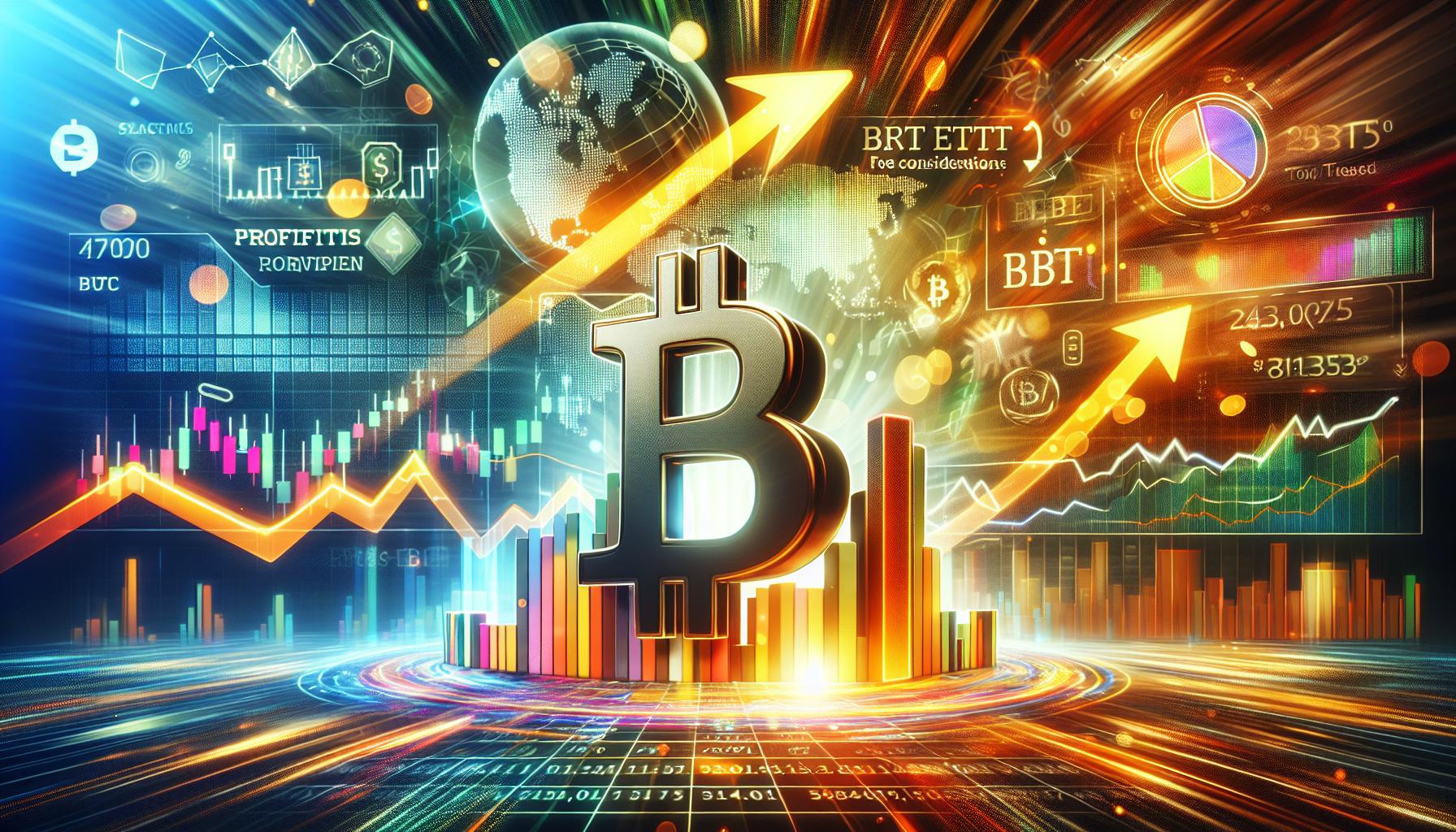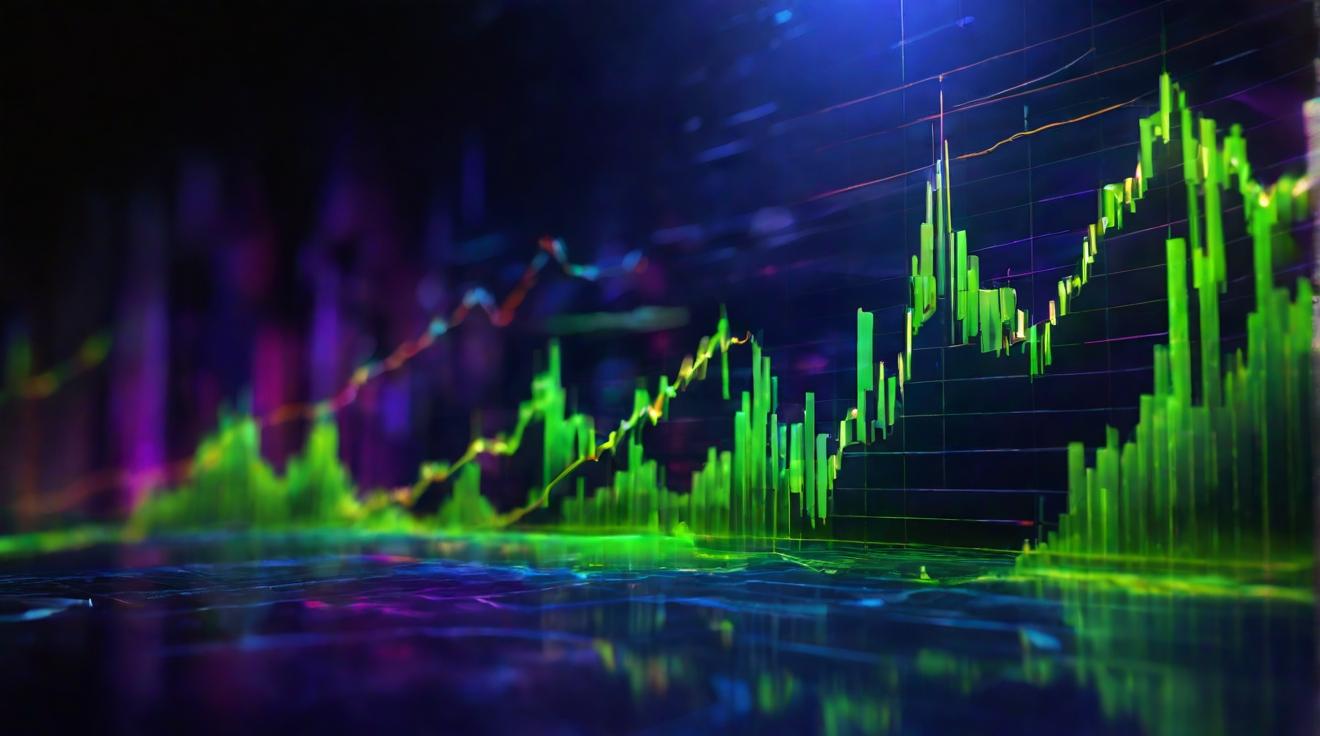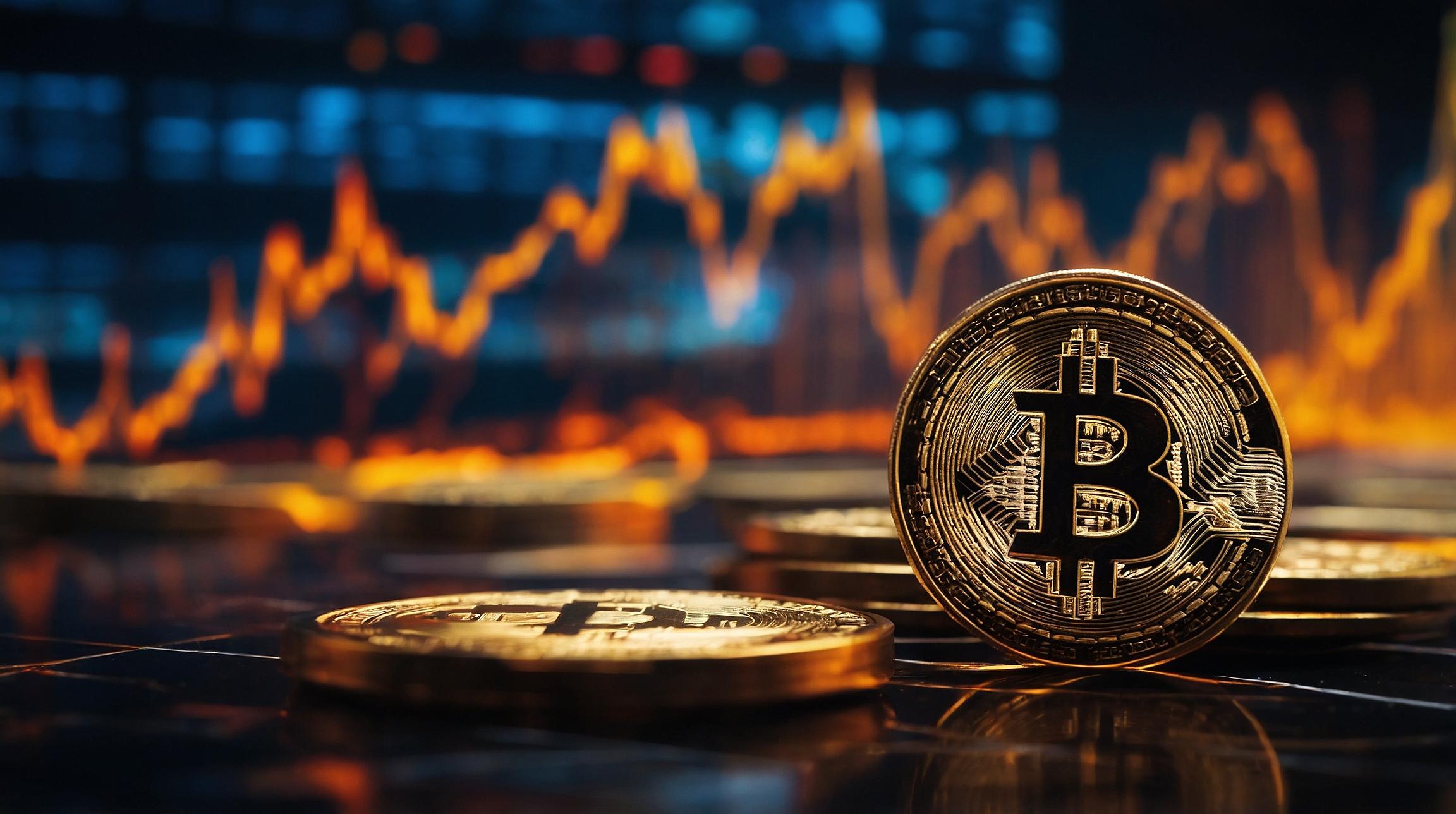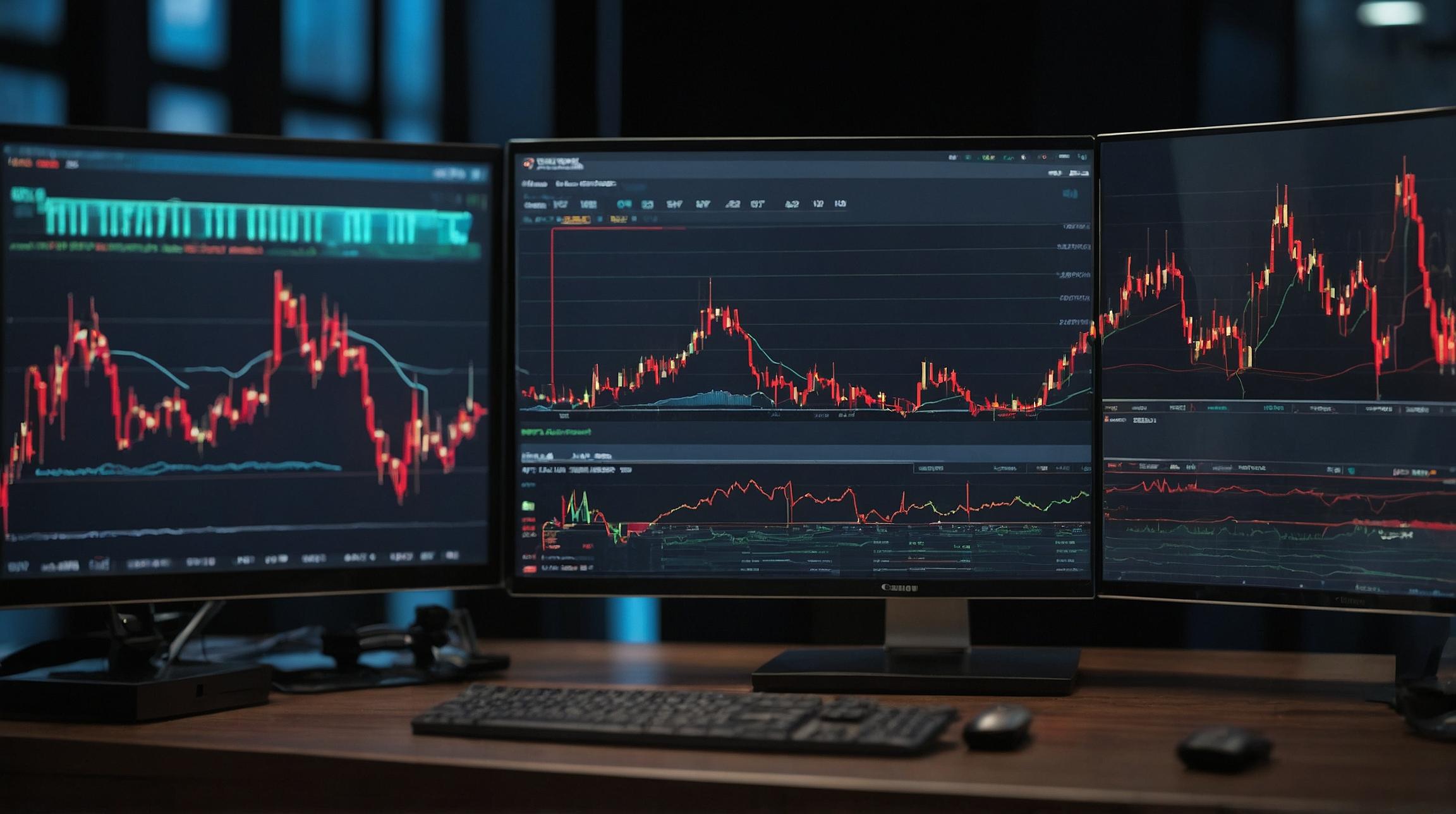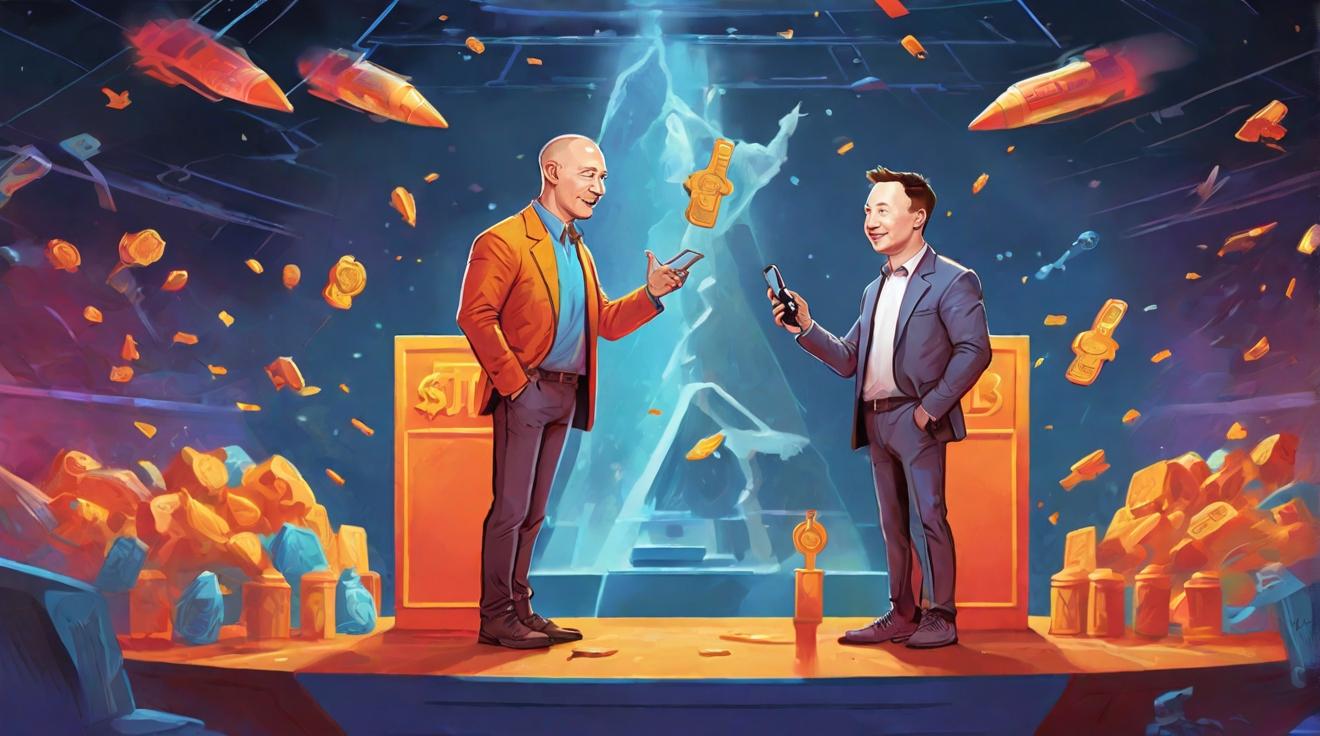The Rise of Decentralized Marketplaces: Empowering P2P Trading
In recent years, decentralized marketplaces have emerged as a powerful force in the world of peer-to-peer (P2P) trading. These platforms, built on blockchain technology, are revolutionizing the way individuals trade and exchange goods and services. Unlike traditional centralized marketplaces, decentralized platforms operate without intermediaries, allowing for direct and secure transactions between buyers and sellers. This shift towards decentralized marketplaces is empowering individuals to take control of their own transactions and disrupting the traditional trading landscape.
Exploring the Benefits of Decentralized Exchanges for P2P Trading
Decentralized exchanges offer a range of benefits for P2P trading. Firstly, they eliminate the need for intermediaries, such as banks or brokers, reducing transaction costs and increasing efficiency. Without middlemen taking a cut of the transaction, buyers and sellers can negotiate directly and enjoy lower fees. Additionally, decentralized exchanges provide greater privacy and security. By utilizing blockchain technology, transactions are recorded on a public ledger, ensuring transparency and minimizing the risk of fraud. Furthermore, decentralized exchanges are not susceptible to censorship or government interference, making them an attractive option for those who value freedom and autonomy.
Harnessing Blockchain Technology: The Future of Decentralized Marketplaces
Blockchain technology is at the heart of decentralized marketplaces. By utilizing a decentralized and distributed ledger, blockchain enables secure and transparent transactions. This technology removes the need for a central authority to verify and validate transactions, allowing for direct peer-to-peer trading. Furthermore, blockchain ensures that records cannot be altered or tampered with, providing an immutable and trustworthy system. With the potential for smart contracts and automated transactions, blockchain is paving the way for the future of decentralized marketplaces.
Revolutionizing Traditional Trading: How P2P Exchanges are Disrupting the Market
P2P exchanges are disrupting the traditional trading landscape by empowering individuals to take control of their own transactions. These platforms allow users to trade directly with one another, eliminating the need for intermediaries. This shift not only reduces costs but also increases accessibility, as anyone with an internet connection can participate in P2P trading. Furthermore, P2P exchanges are not limited by geographical boundaries, opening up opportunities for global trade. By cutting out the middleman, P2P exchanges are revolutionizing the way goods and services are exchanged.
Unleashing the Potential: Decentralized Marketplaces and the Democratization of Trade
Decentralized marketplaces have the potential to democratize trade by giving individuals greater control and access to the global market. These platforms empower individuals to transact directly with one another, bypassing traditional gatekeepers. This democratization of trade allows for greater competition and innovation, as smaller sellers can compete with larger corporations on a level playing field. Furthermore, decentralized marketplaces can provide economic opportunities for individuals in underserved communities, allowing them to participate in the global economy. By unleashing the potential of decentralized marketplaces, we can create a more inclusive and equitable trading system.
In conclusion, decentralized marketplaces are revolutionizing P2P trading by empowering individuals and disrupting traditional trading systems. With the benefits of lower costs, increased privacy and security, and the potential for global trade, decentralized marketplaces are transforming the way goods and services are exchanged. By harnessing the power of blockchain technology, these platforms are paving the way for a more democratic and accessible trading landscape. As the potential of decentralized marketplaces continues to unfold, it is clear that they have the power to reshape the future of trade.








